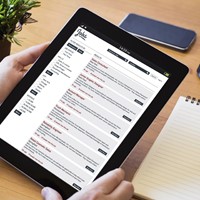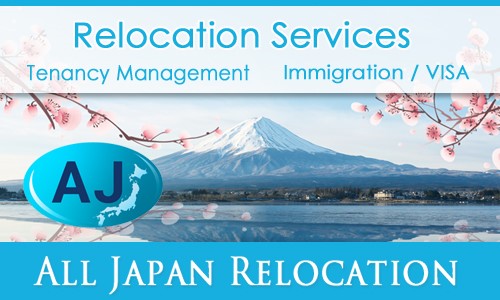Employee Benefits in Japan: Understanding the Fukuri Kosei System
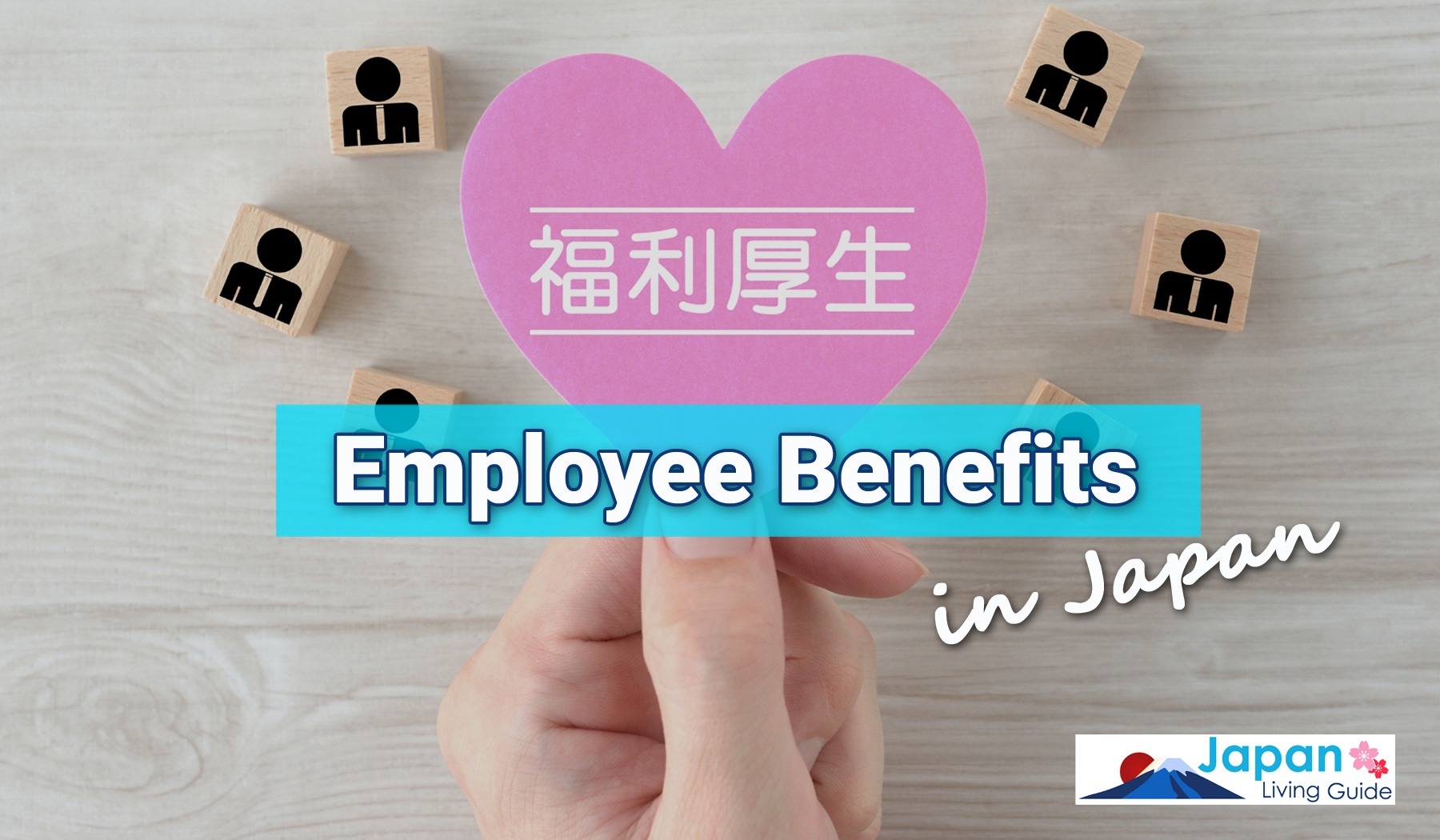
Working in Japan can be a very different experience compared to working in a Western country. With contracts, working conditions, working hours, and more, it can be hard to know what is and is not required by law, as well as what benefits you may be entitled to.
In this article, we are covering what you need to know about Japan’s employee benefits system, called Fukuri Kosei. Knowing this important information can help you stay up to date on whether or not you are receiving the full benefits you are entitled to as well as better negotiate your next job offer.
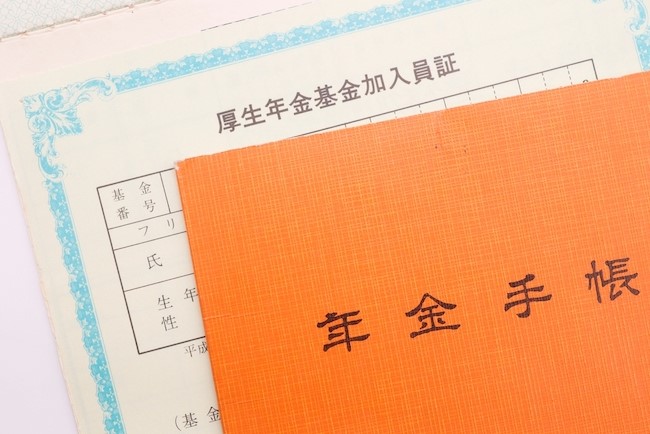
Fukuri Kosei (Employee Benefit System in Japan)
Fukuri Kosei can be defined as any form of compensation or benefit you receive from your employer in Japan, outside of your set wages. This can include anything from transport allowances, types of leave, and insurance. Some of these benefits are mandated by law, so they are required for companies to provide them, while others are optional.
The benefits offered by a company can provide a great draw for attracting new employees, and legally mandating some benefits allows for a minimum standard to be set and maintained.
What Are the Statutory Employee Benefits in Japan?
Many of the statutory employee benefits in Japan surround various types of insurance that protect the employee and employer from costs they may occur in case of unexpected circumstances.
Health Insurance (Kenko-Hoken)
Health insurance is one of the most important benefits to be offered. All residents of Japan are required to be covered by health insurance. If your health insurance is through your employer, both the employee and the company each pay 50 percent of the insurance premiums.
Welfare Pension Insurance (Kosei-Nenkin-Hoken)
Welfare pension insurance is also required by all residents and is also commonly split 50 percent between the employer and the employee.
Unemployment Insurance (Koyo-Hoken)
Unemployment insurance provides support in cases where the employee loses his or her job and is usually split between the employer and the employee.
Workers’ Accident Compensation Insurance (Rosai-Hoken)
Workers’ accident compensation insurance covers the costs of any accidents or incidents that cause injury to an employee while at the workplace or on his or her way to or from the workplace. The insurance cost is fully covered by the employer.
Nursing Insurance (Kaigo-Hoken)
Nursing insurance covers the cost of any longer-term nursing that should be deemed necessary.
Child Allowance (Kodomo Kyoshutsu-Kin)
Child contributions are an additional amount paid to employees with a family and children to look after.
What Are the Non-statutory Employee Benefits in Japan?
While the benefits listed above are statutory, meaning they are legally required, it is also common for companies to offer additional benefits. They are not required, but most companies will find it difficult to attract good candidates without at least a standard range of benefits offered. Some of the most common benefits include housing allowance, transport allowance, and more.
Housing Allowance
Housing allowance differs depending on the company but often consists of subsidized housing, rent assistance, or home ownership assistance.
Transport Allowance
Transport allowance is standard in Japan and fully covers public transport costs (or gas if traveling by car) for travel to and from work.
Less Common Employee Benefits
In addition to the optional benefits above, a company may also offer the following:
- Regular health checkups
- Allowances for self-development and skill enhancement
- Subsidies for meals in a company cafeteria
Some other less common benefits include subsidized or free use of outside services, such as sports clubs, swimming pools, certain restaurants, and more. These are more common in companies that own or invest in a wide range of businesses.
Travel and company trips can be another benefit offered to employees. However, the primary focus of the trips is still typically business oriented. This is generally considered a good way to bond with your immediate team and get to know other employees in the company. It can also be good for brainstorming and other more creative ventures.
In recent times, some companies have started offering a working-from-home allowance covering several expenses and equipment that are necessary for working from home, such as a computer, appropriate desk and chair, and similar items.
Taking Leave from Work in Japan
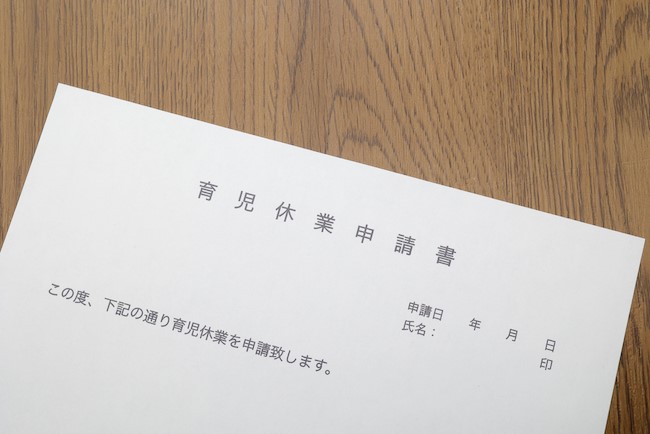
While it is not considered part of the Fukuri Kosei system, there are some types of leave that are mandatory under Japanese law.
Annual Paid Leave
Employees are entitled to 10 days of paid leave after the first 6 months with the company. This can increase yearly. However, there is no separate sick leave, so annual leave must be used for sick days as well.
Maternity and Childcare Leave
Maternity leave and childcare leave must be provided in the case of pregnancy and the following child-rearing stage. This is usually provided at two-thirds of the original base wage.
Nursing Care Leave
Nursing care leave to look after a relative can be provided up to a set number of days per year.
Special Leave
Leave can be provided for special occasions such as family funerals or your wedding. In some cases, companies may offer additional leave for birthdays or other occasions.
Navigating Work Life in Japan
While living and working in Japan, it is important to be aware of the various rules, standards, and benefits in place to protect both employees and employers. Some of these may be similar to your home country while others may differ greatly, making it necessary to learn what to expect. Japan’s employee benefit system is important to understand, especially regarding which benefits are statutory vs. non-statutory.
For more information on Japanese businesses and working for a Japanese company, from proper etiquette, to hanko signature seals and much more, feel free to check out our many other articles on the subject.





